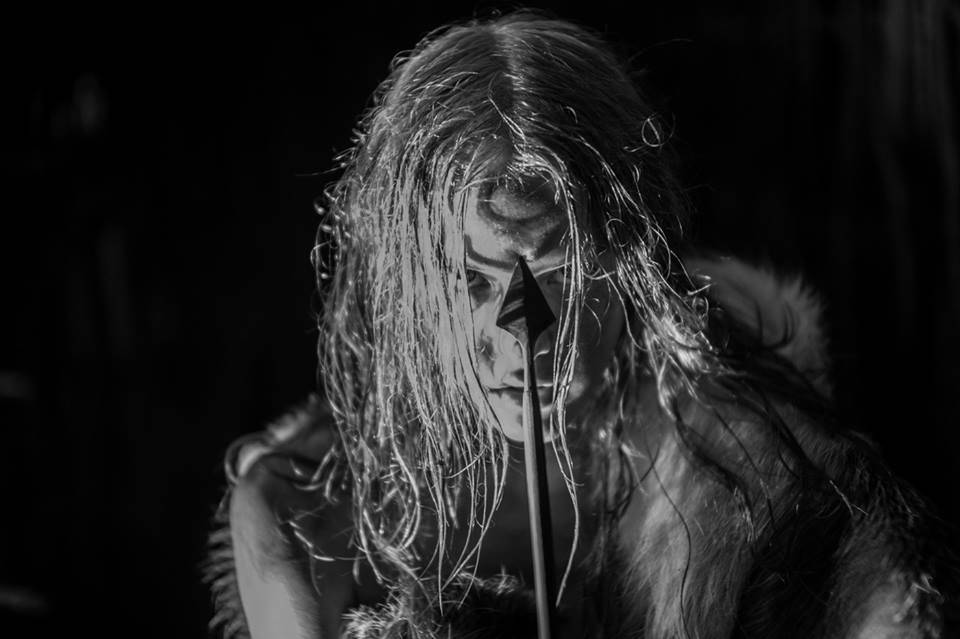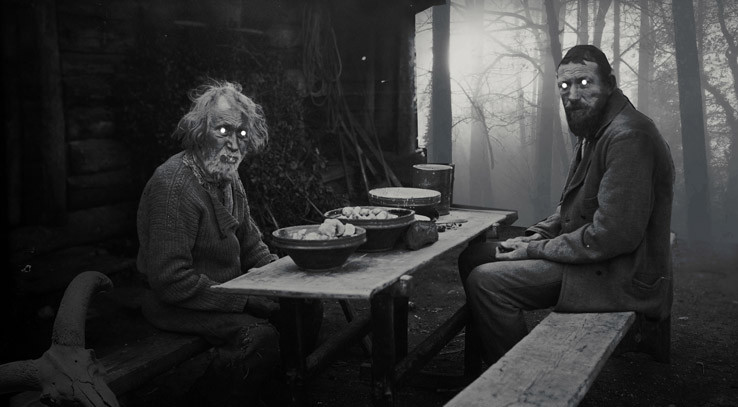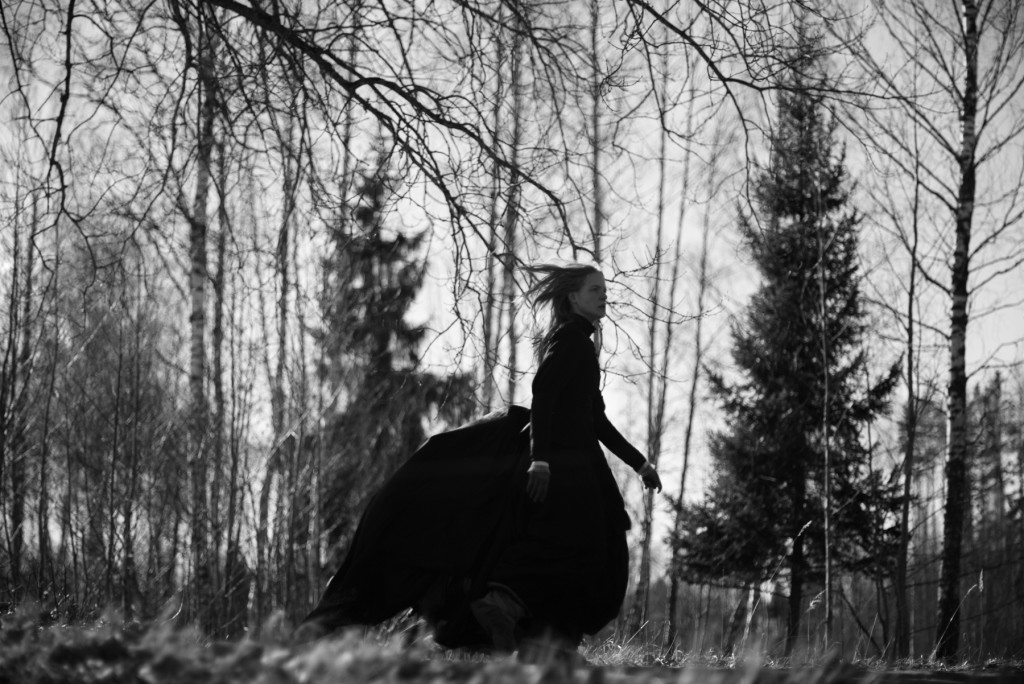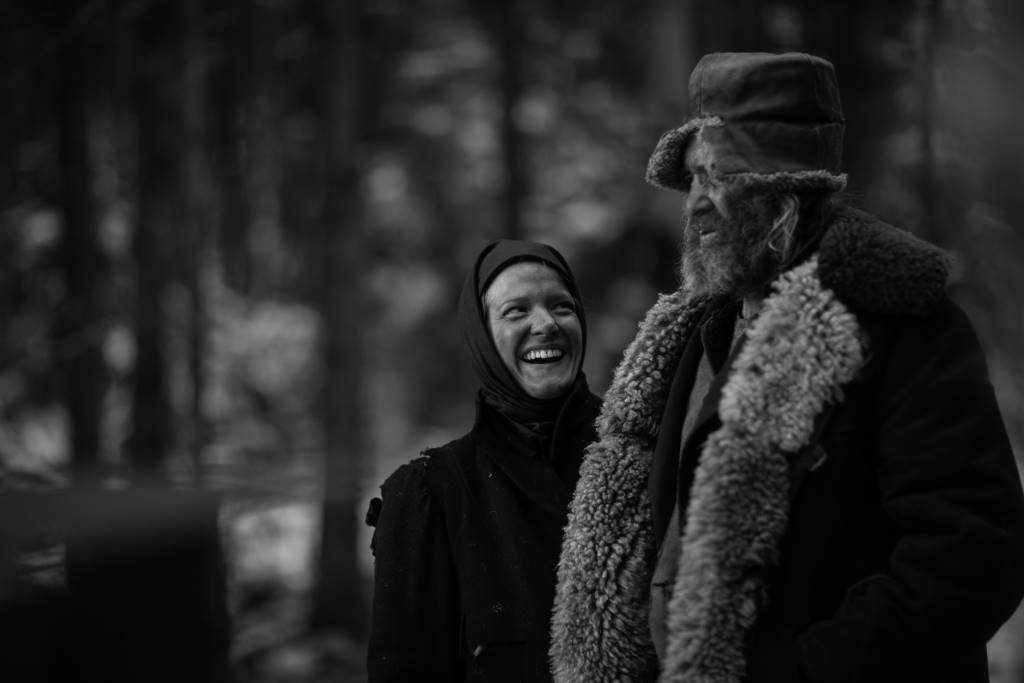Estonian movie “November”, based on Andrus Kivirähk’s novel “Rehepapp”, has been selected to compete in the International Narrative Competition at the Tribeca Film Festival in New York.
“November”, directed and written by Estonian film director Rainer Sarnet, was co-produced by Estonia, the Netherlands and Poland, and debuted in the domestic market in January 2017. The film, shot in black and white, will have its international premiere at the Tribeca Film Festival that was founded in 2002 by Jane Rosenthal, Robert De Niro and Craig Hatkoff.
A film about souls
Based loosely on the historical background of Estonia and ancient beliefs of its people, the film mixes the Estonian pagan and European Christian mythologies. As the filmmakers say, “both mythologies look for a miracle; for an ancient force that gives one a soul. This film is about souls – longing for a soul, selling your soul and living without a soul.”
The story is set in a pagan Estonian village where werewolves, the plague and spirits roam. The villagers’ main problem is how to survive the cold, dark winter. And, to that aim, nothing is taboo – people steal from each other, from their German manor lords and from the spirits, the devil, and the Christ. To guard their souls, they give them away to thieving creatures made of wood and metal called kratts, who help their masters by stealing more. They steal even if their barns are already overflowing.
Stealing is an obsession that makes the villagers more and more like the soulless creatures they command, the kratts. Ultimately, the pragmatic farmers are faced with a question: is the life they’ve won through so much toil worth anything, if it lacks a soul?
The film is not without a love narrative – the main character is a young farm girl who is hopelessly and forlornly in love with a village boy and is ready to die in the name of love.
Global showcase
“November” will compete with nine other films at Tribeca. According to the organisers, the festival’s international narrative competition is a “true global showcase of the best in world cinema today”. “These 10 international gems will compete for Best Narrative Feature, Best Screenplay, Best Cinematography, Best Actor and Best Actress.”
In a year of record high submissions – 7,800, out of which over 3,300 were feature-length titles – the festival’s curators chose to reduce the size of the overall programme by 20%, making this the most selective and focused festival slate yet. Just 98 feature-length films, including “November”, were ultimately selected.
“Each in their own way, these 98 films fill me with optimism and inspiration at the unique power of our medium, and the eyes of a talented filmmaker to inspire, challenge, and maybe even change the world,” Cara Cusumano, Tribeca’s director of programming, said in a statement, adding that “in tumultuous times like these we need artists and storytellers the most”.
The 2017 feature-film programme includes films from 28 countries, including 78 world premieres, six international premieres, six North American premieres, two US premieres and six New York premieres. The 16th annual Tribeca Film Festival takes place on 19-30 April.
I
Cover: The main character in “November” is a young farm girl who is hopelessly and forlornly in love with a village boy and is ready to die in the name of love. Please consider making a donation for the continuous improvement of our publication.





